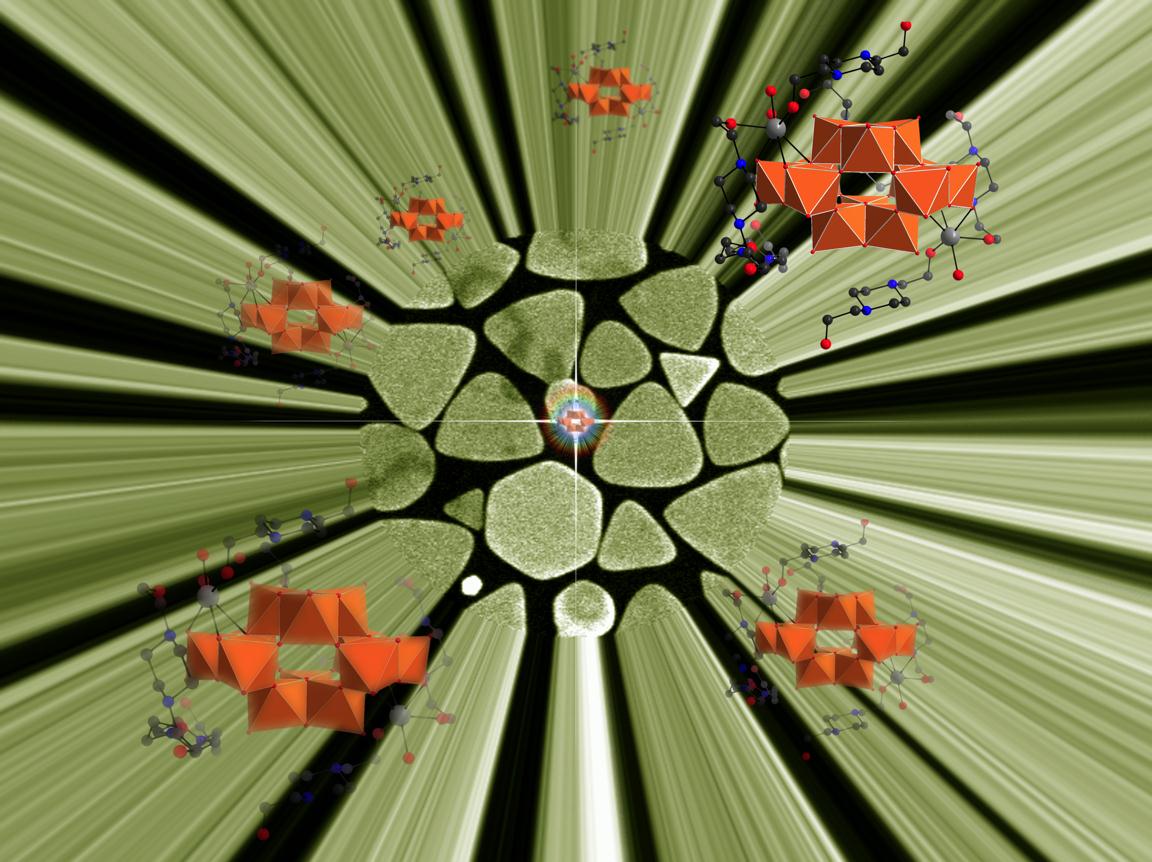PI: Jesús Martínez de la Fuente
R+D Spanish National Program
(2015-2017)
Inflammation has become the key event that controls several pathologies including carcinogenesis. Perpetuation of inflammation in tumor microenvironment is a risk and prognosis factor in colorectal carcinoma (CRC). Indeed, a larger incidence in patients with ulcerative colitis (UC) has been evident until the introduction of anti-inflammatory drugs to treat UC. However, anti-inflammatory drugs like TNFa blockers or corticosteroids are highly immunosuppressive and predispose to development of hematological neoplasia and severe infections like tuberculosis. The novel approach based on nanoscience and materials allows to develop systems with size, functionalization and properties very controlled and could be a great alternative to treat locally inflammatory processes like CRC, avoiding the immunosuppresive effects of current therapies.
Recently, it has been described that a family of serineproteases expressed in granules of cytotoxic T and natural killer cells have a pro-inflammatory function regulating cytokine production (IL1, IL6, TNFa). Specifically, it has been shown that gzmA plays a critical role during development of inflammatory diseases like sepsis, arthritis or UC. Preliminary results from our group show that it maybe also involved in development of CRC in a mouse model of chemical carcinogenesis.
The main goal of this proposal is to confirm the involvement of gzmA and to analyse the role of gzmB in UC associated CRC, to analyse if gzmA could be used as a biomarker for early diagnosis and prognosis in CRC in humans and to develop selective inhibitors of inflammation using nanoparticles (NPs) and quitosan capsules. In addition, we will analyse the molecular mechanisms involved in gzmA mediated inflammation.
Involvement of gzmA and gzmB will be evaluated in cellular models in vitro, in tumour xenograft models in vivo, in animal models of CRC an dUC and finally in samples of patients with CRC. The validation of the biomarker will be accompanied by development of a diagnostic nanobiosensor based on detection of gzmA in fluids and tissue samples that will be applied to monitor UC and CRC diagnosis and prognosis. In parallel we will develop and optimize systems of NPs and quitosan capsules functionalized to reach the colorectal mucose that will be used as vehicles to produce gzmA specific inhibitors (RNAi, mAb) and/or inhibitors of pan inflammatory pathways like NFkB (gliotoxin) to treat selectively and specifically UC and/or CRC. These analyses will be accompanied by studies testing NP and capsule toxicity.
Our project will generate the data required to use a novel diagnosis and prognosis biomarker in clinical settings. In addition, we will generate a novel therapeutic target against which novel non-immunosuppresive drugs based on nanoscience and biomaterial approaches will be produced to reduce inflammation during UC and or CRC, improving evolution and prognosis in a more selective fashion with less secondary effect than current therapies.
